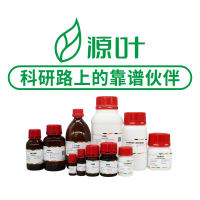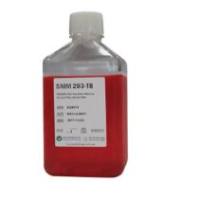As mentioned in Chapter 9 , Freund’s complete adjuvant (FCA), produced by the Statens Seruminstitut (Copenhagen, Denmark), was chosen as the standard adjuvant preparation because of its extensive use in experimental vaccines in animals, its strong adjuvant effect, and the considerable literature describing its activity. The combination of mineral oil (Bayol 55) and dead mycobacterial organisms produces a specific cellular reaction in experimental animals. The mycobacteria in FCA stimulate the formation of epithelioid macrophage cells and also the maturation of plasmablasts to plasma cells. The effect was greater when the oil and mycobacterial fraction were combined. Numerous studies have shown that the oil emulsion was responsible for the retention of the antigen at the site of inoculation. This depot provides a slow and prolonged antigenic stimulus to antibody-forming cells. FCA stimulates active humoral and cell-mediated immune responses but there may be concomitant adverse side-effects because of the reactogenicity of some types of mineral oil, particularly the formation of the epithelioid macrophage granuloma at the site of injection and local ulceration when the injection is given subcutaneously. In addition, other contraindications have been recorded, e.g., pyrogenicity, stimulation of experimental autoimmune diseases, and adjuvani. arthritis (reviewed in detail by Stewart-Tull[1 , 2 ]).






